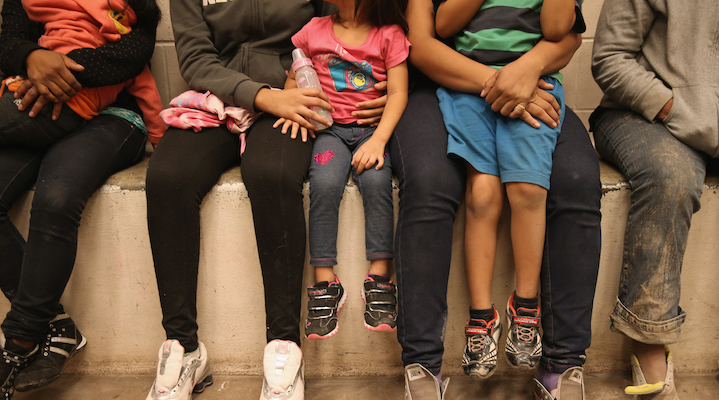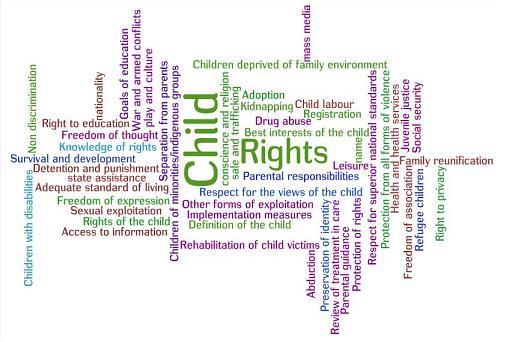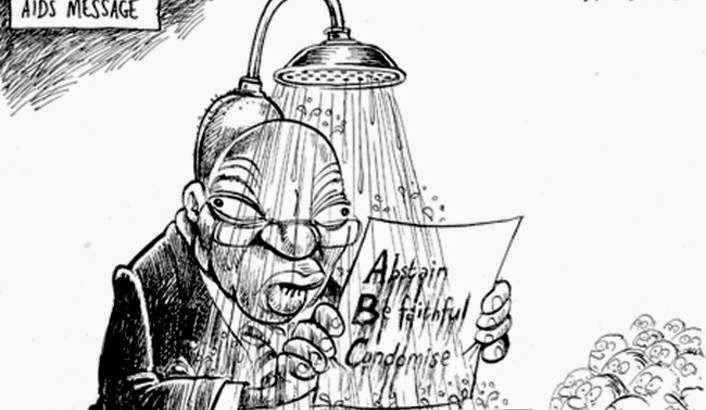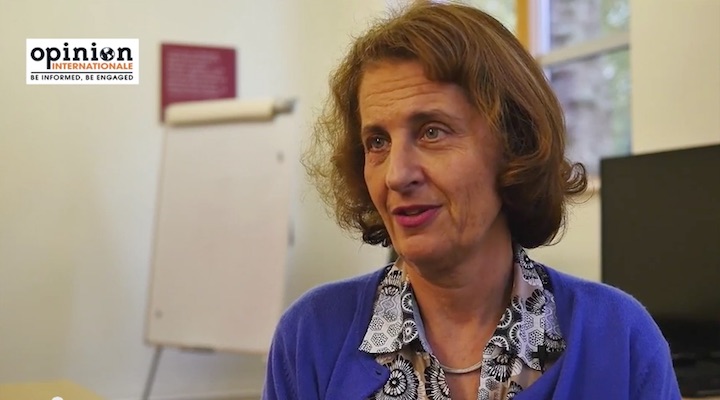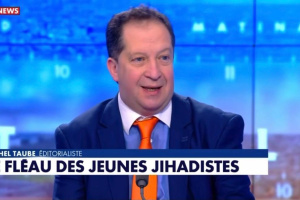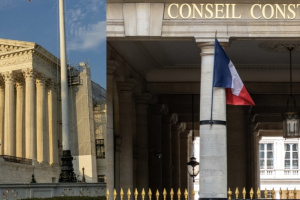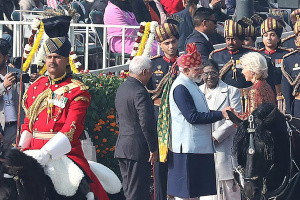The U.S. hasn’t ratified the United Nations Convention on the Rights of the Child (UNCRC) and it is nowhere near doing it. Despite a strong social consensus around the necessity to grant children universal rights, conservative lobbies are challenging Washington’s authority over parents’, expanding their antigovernment campaign to a new territory.
Adopted in 1989 by the UN, the convention ensures civil, economic, social, health and cultural rights to children around the world. The U.S., Somalia and South Sudan, are the only countries not to have ratified the treaty. One could argue Somalia is a fragile state, and South Sudan has only been independent for 3 years. But what about the U.S.?
In the past, Presidents Clinton and Obama have talked in favour a ratification, but both have faced firm opposition from Republican Senators. As a consequence, the Convention has never reached the floor of the Senate, where it must get two thirds of the votes in order to be ratified.
Social consensus, political divide
Indeed, America’s 87 million kids are stuck in a political rivalry that escapes the scope of the original debate. “Everyone agrees that children should be well taken care of”, says Michael Farris, director of ParentalRights.com, a conservative advocacy group lobbying against the implementation of the convention. “But this isn’t about children’s rights, this is about parental rights versus Government power. This is the core debate”, he adds.
Mr. Farris’ organisation is pushing forward an amendment to the Constitution that would grant parents a fundamental right to educate their children, without any interference from public officials. Under the amendment, parents would for instance decide whether kids should be sent to a public, a private or a religious school, or if they should rather stay at home to study.
The whole amendment project is a direct response to the UNCRC’s principle of “best interest of the child”. This key provision of the treaty makes sure that family decisions are directed towards the protection of the child’s well-being, and that the view of the latter is taken into account during the decision-making process.
Conservative groups see in this principle an intrusion of the international community, through the federal Government, on parental prerogatives. In fact, it isn’t. Article 3 of the convention affirms that parents’ rights and duty prevail over any other kind of authority. So what is this amendment really about?
A hierarchy of rights
There is an historical reluctance from Republican elected officials to ratify UN treaties. Last September, GOPs in Senate blocked a Democrat Senator’s request to vote on the UN Convention on the Rights of Persons with Disabilities. In 2012, the same treaty had already been blocked by Republican Senators. At the time, the anti-treaty lead campaigner was Michael Farris, the same man who is today opposing the UNCRC.
Farris’ curriculum includes the creation of several advocacy groups, whose goals were to reduce the influence of the Government. The amendment to the Constitution he drafted makes it clear that “no treaty may be adopted nor shall any source of international law be employed to supersede, modify, interpret, or apply to the rights guaranteed by this article”. In other words, parents’ rights trump U.S. laws, which trump UN treaties.
Would parental prerogatives become fundamental rights, no federal or state authority would be entitled to intervene in the children’s education process. School attendance would therefore become parent’s sole choice. Corporal punishment, too. And in case of alleged neglect or mistreatment, social services would carry the burden of the proof to justify an intervention on parent’s turf.
This is where legal technicalities turn into political clinchers. While the debate around issues like home-schooling or spanking is taking an increasing importance in U.S. media, it also becomes more politicised.
As demonstrated by the General Social Survey, more Republicans see spanking as an acceptable practice, compared to other political parties, and the gap widens overtime. Although poll results should be handled with caution, they highlight a political opportunity for GOPs to gather electors around a divisive social issue.
Mid-term elections and long-term perspectives
With Republicans taking over the majority in Congress, the perspective of an upcoming ratification of the treaty has faded further away. But does that mean the anti-UNCRC amendment is more likely to take its place?
“We have been talking to some Democratic Senators”, Michael Farris explains. “They have shown some interest but they were unwilling to try to go around Harry Reid (Senate majority leader, ed.). However, if he is no longer in charge, then we have a chance to get it on the floor and to win votes from both parties.”
On the one hand, there is little chance Mr. Farris’ amendment one day becomes legally binding. So far, it has only 5 cosponsors in Senate, 81 in the House, and it still falls short of the minimum requirements for a modification of the Constitution (two thirds of both houses plus the two thirds of all states).
But on the other hand, his dynamic campaigning against the UNCRC has dramatically helped turn a universal rights declaration into an all-encompassing wedge issue, that will surely remain a political bone of contention for elections to come.





